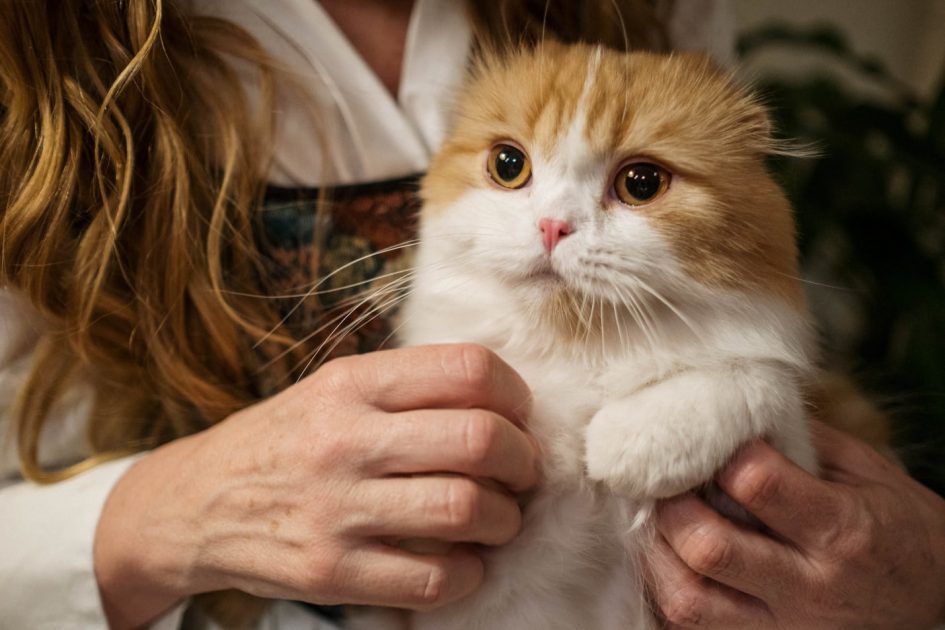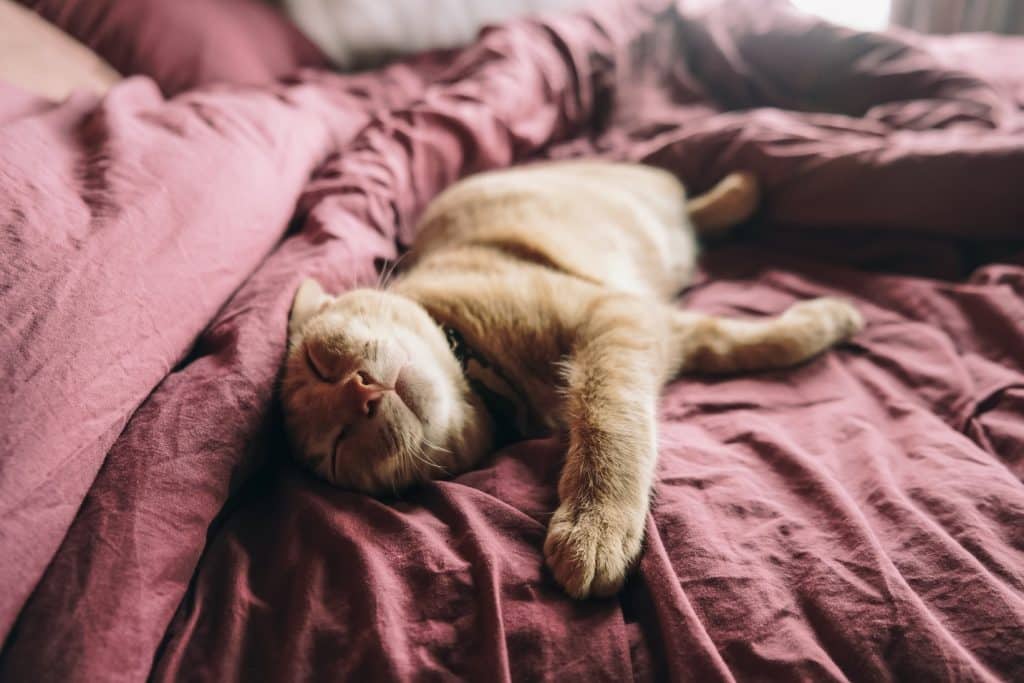

How to Tell If Your Cat Is Sick? Common Signs to Watch Out For
Is your cat acting strange? If so, it could be the early signs that your cat is falling ill. Here are some common signs your cat is sick.
Cats are super fun-loving, adorable, and sweet, but at the same time, they are also experts when it comes to hiding their illness.
These feline creatures have a reputation for masking their symptoms and the fact that they aren’t feeling well, which makes it quite tough for pet parents to recognize early signs of illness in their furry friends.
This is one of those traits or instincts that cats seem to have inherited from their former cat ancestors to protect themselves from potential threats or predators.
So, as your cat hides its discomfort, by the time you are able to realize that it’s actually sick, your furry companion’s sickness might have become far too serious or severe.
Therefore, it’s extremely important for cat owners to be able to identify changes in their cat’s health, mood, body language, and behavior so that you can take it to the veterinarian at the earliest.
But how do you tell if your cat is sick?
Take a look at some of the most common symptoms and signs your cat is sick that you must watch out for as they indicate cat diseases and illnesses.
Loss of Appetite
From simple tummy aches to something more serious like kidney disease, loss of appetite is one of the most common signs your cat is sick. Cats generally look forward to their mealtimes, but if your furry friend is eating very tiny amounts or has stopped eating entirely, you should immediately consult the veterinarian. If appetite loss prolongs for a few days, it can lead to serious health issues such as hepatic lipidosis, also known as fatty liver.
Increase In Appetite
If your cat is eating more than it normally would, that’s also a concerning sign. A significant increase in appetite is typically caused by a condition known as hypothyroidism, but it’s important to run a few tests on your cat to be sure. A large appetite can lead to overeating and obesity, which can further result in serious health conditions.
Increased Shedding

Cats generally do shed, but if you see cat fur flying in your home more than usual, it’s a sign that your pet friend might be sick. Increased shedding could either be due to hyperthyroidism or some sort of skin allergy. In either case, it’s best if you visit your veterinarian to find out what the issue is and what’s can be done about it.
Diarrhea and Vomiting
Vomiting might sound like it’s something normal in cats, but it actually isn’t. The occasional hairball is not concerning, but if your pet is throwing up every few days, that’s definitely a sign of concern.
On the other hand, diarrhea in cats is a sign of intestinal parasites and dietary indiscretion, among numerous other health problems. If left untreated, it can worsen over time and lead to intestinal inflammation and severe dehydration.
All of this is causes serious discomfort to cats, so it’s essential that you schedule an appointment with the veterinarian as soon as possible if your cat is vomiting a lot or is displaying diarrhea.
Lethargy

Like human beings, cats also have their lazy days when they don’t feel like doing anything. However, there’s a difference between lazy and lethargic. If your cat seems to edge towards a state of lethargy in which it’s sleeping more than usual or is lying around a lot, it’s one of the signs your cat is sick. It’s a sign that something is definitely going on with your cat’s health, so you might want to speak to the vet about it.
Changes In Urination
This is an important aspect to address not just in cats but all other animals.
A change in urination is one of the common signs your cat is sick as it indicates the possibility of a kidney problem or a urinary tract issue.
These changes refer to things like the presence of blood in the urine, frequency, or urination, and even inappropriate urination. Bring your cat to the vet immediately if you notice any of these signs in your cat’s urination routine.
Behavioral Changes
Changes in behavior such as being too quiet, hiding in quiet places, or laying down in a hunched position have to be some of the most common signs your cat is sick.
Other behavioral signs that you need to watch out for include increased purring, neglecting grooming, difficulty in breathing, increased vocalization, and pressing their heads against the walls or the furniture.
Bad Breath
Bad breath is a common sign or indication of a dental problem, and it needs to be addressed as soon as possible.
While mild halitosis doesn’t really pose a very serious health concern, but it still means that you need to get your cat’s teeth checked. If bad breath is accompanied by bleeding or excessive drooling from the mouth, it could possibly mean that your cat has an oral infection, which can also spread to the other parts of the body if left untreated for a long time.
What to Do If Your Cat Is Sick?
If your cat is displaying either of the above-mentioned signs and symptoms, you must book an appointment with the veterinarian at the earliest and consult with them as to what could possibly be wrong with your cat.
Early problem detection is extremely important to prevent the illness or disease from worsening or even becoming potentially life-threatening. Also, given how cats are so remarkably good at hiding their pain and discomfort, it’s imperative to keep a check and be able to identify all possible signs your cat is sick.
If you notice anything unusual or disturbing in your cat’s behavior, mood or routine, immediately consult the vet.
The earlier you detect what’s going with your feline friend, and the sooner the treatment begins, the sooner your adorable little pet will come out of it and act more like themselves again.
After all, there’s nothing quite like a happy, healthy and a playful cat!
Discover how to create a joyful, healthy home for your pet.
Subscribe to your weekly rundown of practice, real life ideas and training tips straight to your inbox.


